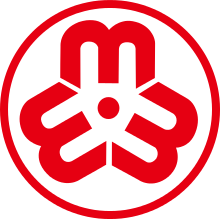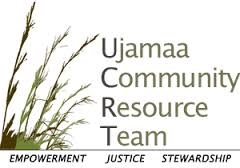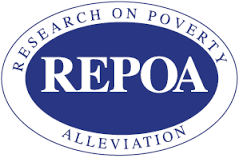Indaba Agricultural Policy Research Institute
Established in October 2011, the Indaba Agricultural Policy Research Institute (IAPRI) is a non-profit Zambian company limited by guarantee which collaboratively works with public and private stakeholders in the agricultural sector. IAPRI is led by a local Board of Directors drawn from various state and private sector stakeholders.
Our Vision: To be the Centre of Excellence for Agricultural Policy Research and Outreach in Zambia.












